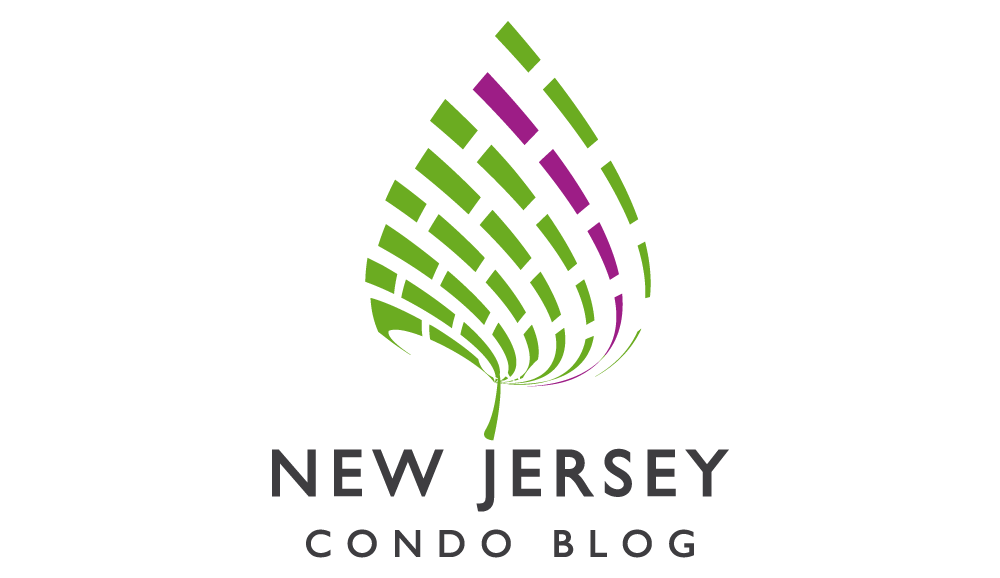Qualified Counsel Should Be Retained to Collect Delinquent HOA Fees
Although statistically speaking, cases involving the collection of delinquent homeowners’ association fees do not rank in the top percentage of claims for FDCPA violations filed in federal court, law firms engaged to collect delinquent fees are subject to the FDCPA and law firms have been sued for alleged FDCPA violations.
Courts are increasingly expanding the scope and application of the FDCPA. Therefore, the process of selecting experienced and qualified counsel should be carefully researched by boards and associations to ensure that the law firm’s debt collection process complies with the FDCPA and that counsel is well versed in the statute’s requirements.
Boards and associations often inquire about the benefits of using a collection agency or a traditional collection law firm. The attraction of engaging these entities is the contingency fee arrangement rather than task based or hourly billing. Collection agencies and collection law firms tend to work on volume. Oftentimes, the collection process is automated and paralegal driven with minimal opportunity for attorney review and involvement in the collection process.
Collection attorneys should be aware that “it is false and misleading, within the meaning of the FDCPA, for an attorney to send a debt collection letter without having meaningfully reviewed the case. Bock v. Pressler & Pressler, LLP, 2014 WL 2937929 (June 30, 2014) citing Lesher v. Law Offices of Mitchell N. Kay, PC, 650 F.3d 993, 1001-1003 (3rd Cir. 2011) cert. denied, 132 S.Ct. 1143 (2012).
The United States District Court for the District of New Jersey has expanded the application of the FDCPA to the preparation and court filing of a civil complaint. Bock v. Pressler & Pressler, LLP, 2014 WL 2937929 (June 30, 2014). In Pressler, the District Court determined that the Pressler law firm violated the FDCPA when it signed, filed, and served a state court complaint in a civil suit without “substantial attorney review”. The facts presented to the Court revealed that the law firm’s collection process was administered by “dedicated employees”, “who are not attorneys”, using specialized software that electronically transmitted information relating to collection claims. The attorney who signed the pleading in Pressler,testified at a deposition, that on average he reviewed 300-400 complaints per day and some days, as many as 1,000. Bock v. Pressler & Pressler, LLP, 2014 WL 2937929 (June 30, 2014).
The District Court determined that the “meaningful involvement” rule that applies to collection demand letters also applies to the filing of a civil complaint. The Court held that a signed complaint is inherently false and misleading, in violation of the FDCPA (15 U.S.C. § 1692 e) where at the time of signing, the attorney signing it has not (1) drafted, or carefully reviewed, the complaint; and (2) conducted an inquiry, reasonable under the circumstances, sufficient to form a good faith belief that the claims and legal contentions are supported by fact and warranted by law. Bock v. Pressler & Pressler, LLP, 2014 WL 2937929 (June 30, 2014). The Court extracted the criteria from New Jersey Court Rule 1:4-8 (a) which embodies the frivolous pleading rule that applies to attorneys and advises of the effect of signing a pleading, motion or paper.
Although this new ruling may have a chilling effect on collection law firms, it is of no consequence to experienced, qualified community association counsel.




